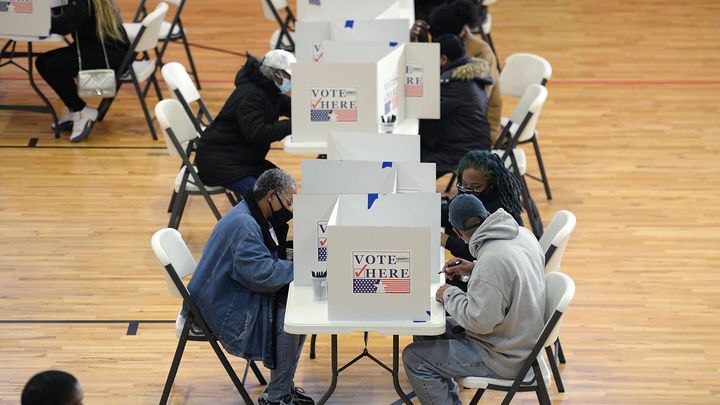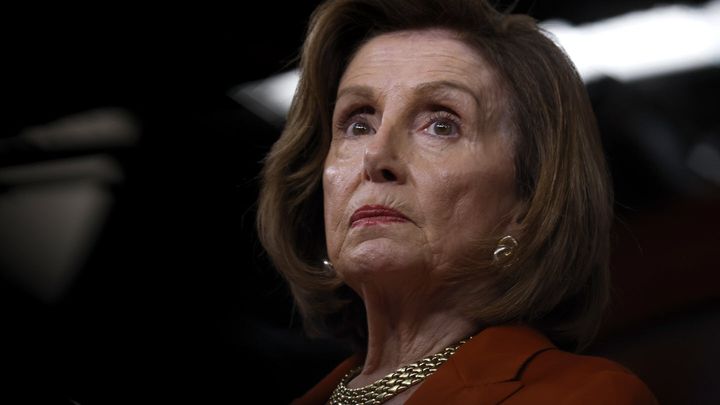Republican politicians in Missouri have won back power to draw the lines in the 2021 redistricting process that will determine legislative districts for ten years. Their ballot measure, Amendment 3, was approved by voters on Nov. 3 by a vote of 51% to 49%. It was a difference of almost 59,000 votes out of nearly 2.9 million cast on the amendment.
The measure reverses anti-gerrymandering reforms that 62% of voters had approved in 2018. The 2018 measure created the position of a nonpartisan state demographer to draw districts that take into account “partisan fairness and competitiveness.” Amendment 3 eliminates the demographer and directs the state to use the system that was in place prior to 2018, which relies on a politician-appointed commissions, one nominated by the Senate and one by the House, whose members would be approved by the governor. It also deprioritizes partisan fairness and competitiveness, instructing map drawers to give more weight to other considerations like simple shapes and contiguousness.
Amendment 3 also includes language that appears to allow politicians to exclude people who are not eligible to vote, like children, non-citizens, and incarcerated individuals, from district counts.
The change could “set the stage for the legislature to attempt to draw districts in 2021 on the basis of eligible voters or citizens (instead of people as is the current practice)—setting up a fight at SCOTUS,” the Brennan Center’s Michael Li wrote on Twitter. A 2016 U.S. Supreme Court case organized by American Enterprise Institute fellow Ed Blum upheld the constitutionality of using population counts for determining congressional districts, but explicitly did not resolve whether states could draw districts using numbers of eligible voters rather than population.
Republican gerrymandering activists like Hans von Spakovsky, a former member of President Trump’s election fraud commission, have urged Republicans across the country to try to switch to using citizen counts rather than full population counts for redistricting. Political scientists who have modeled the change have determined that Republicans would benefit electorally in state legislators.
The Brennan Center’s Yurij Rudensky and Ethan Herenstei said in testimony to the Missouri House that the change would disenfranchise communities of color. “Missouri’s communities of color skew younger than their white counterparts. As a result, these minority communities would suffer disproportionate representational losses if citizen children were excluded from the apportionment base,” they said.
Missouri voters might have been misled into supporting Amendment 3 because its Republican authors wrote it so that it appeared to be primarily about restricting lobbying and reducing money in politics. A Sludge analysis of the measure’s impact found that its supposed changes actually do next to nothing. Lobbyist gifts that are currently capped at $5 would be banned and campaign contribution maximums would be lowered by $100, from $2,500 to $2,400.
According to The Intercept, the measure was written by Garrett Graves, a Missouri law firm that has represented Republican gerrymandering advocate Thomas Hoeffler and the National Republican Redistricting Trust.
The Amendment 3 campaign was primarily funded by Republican Party groups, but also received financial support from organizations with ties to a national web of conservative “dark money” nonprofits. A Sludge analysis found the campaign did not receive a single donation from an individual.
The campaign against Amendment 3—the same organization that worked to pass reforms in 2018—said in a statement that it will continue to fight for fair redistricting.
“We are committed to ensuring as fair an outcome as possible when new maps are drawn in 2021,” a statement from the group says. “Amendment 3 was written to allow for truly radical gerrymandering, but it does not require it. The broad, bipartisan coalition that passed the Clean Missouri Amendment will be active and engaged in the 2021 redistricting process to ensure that voters and communities come first in new maps, not politicians.”
Read more from Sludge:



